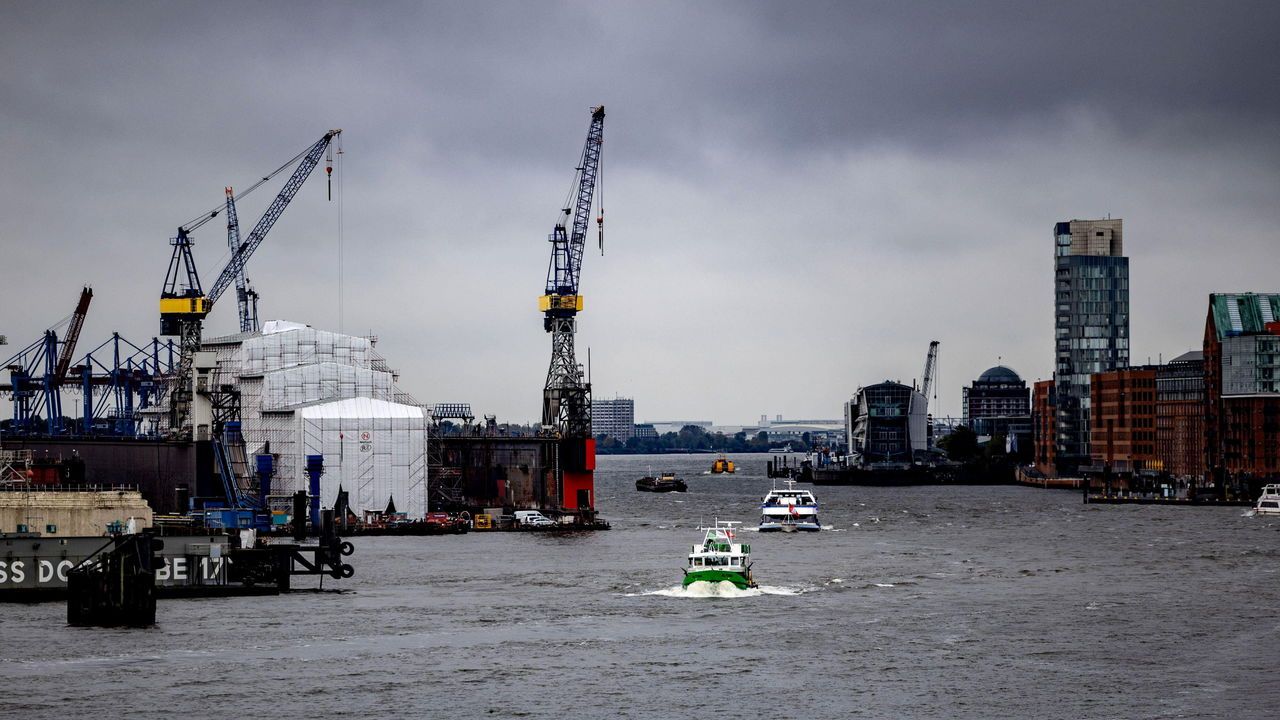An economics Nobel for work on why nations succeed and fail
Daron Acemoglu, Simon Johnson and James Robinson tackled the most important question of all

Why are some countries rich and others poor? The question, full of childlike curiosity, is the most important in economics. A person’s living standards are mostly determined not by talent or hard work, but by when and where they were born. Historically, most models of economic growth focused on the accumulation of factors of production, labour, capital and, more recently, technology or ideas. The greater the capital stock per worker and the more productive its use, then the richer a country would be. Yet that still left a gap: why did some countries manage to accumulate more of these factors than others?
Explore more
Discover more

Germany’s economy goes from bad to worse
Things may look brighter next year, but the relief will be short-lived

Why investors should still avoid Chinese stocks
The debate about “uninvestibility” obscures something important

China’s property crisis claims more victims: companies
Unsold homes are contributing to a balance-sheet recession
Europe’s green trade restrictions are infuriating poor countries
Only the poorest can expect help to cushion the blow
How America learned to love tariffs
Protectionism hasn’t been this respectable for decades
Why have markets grown more captivated by data releases?
Especially when the quality of statistics is deteriorating